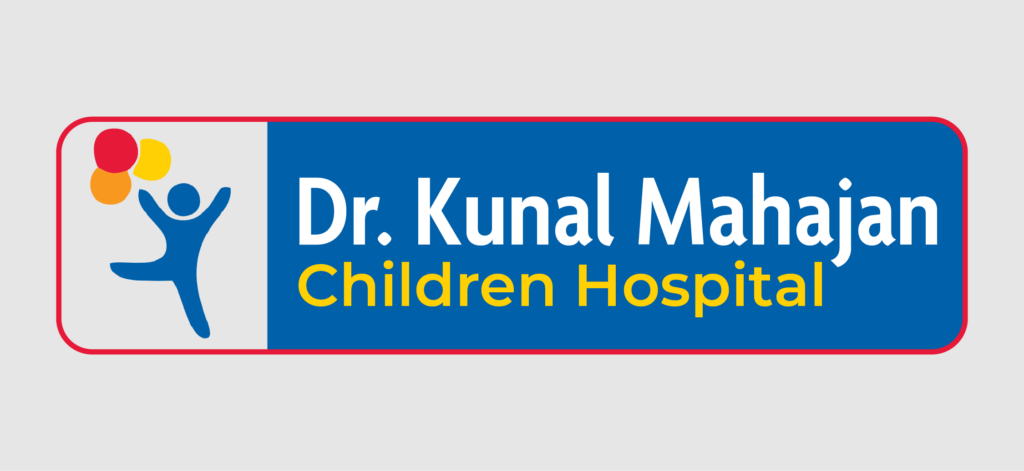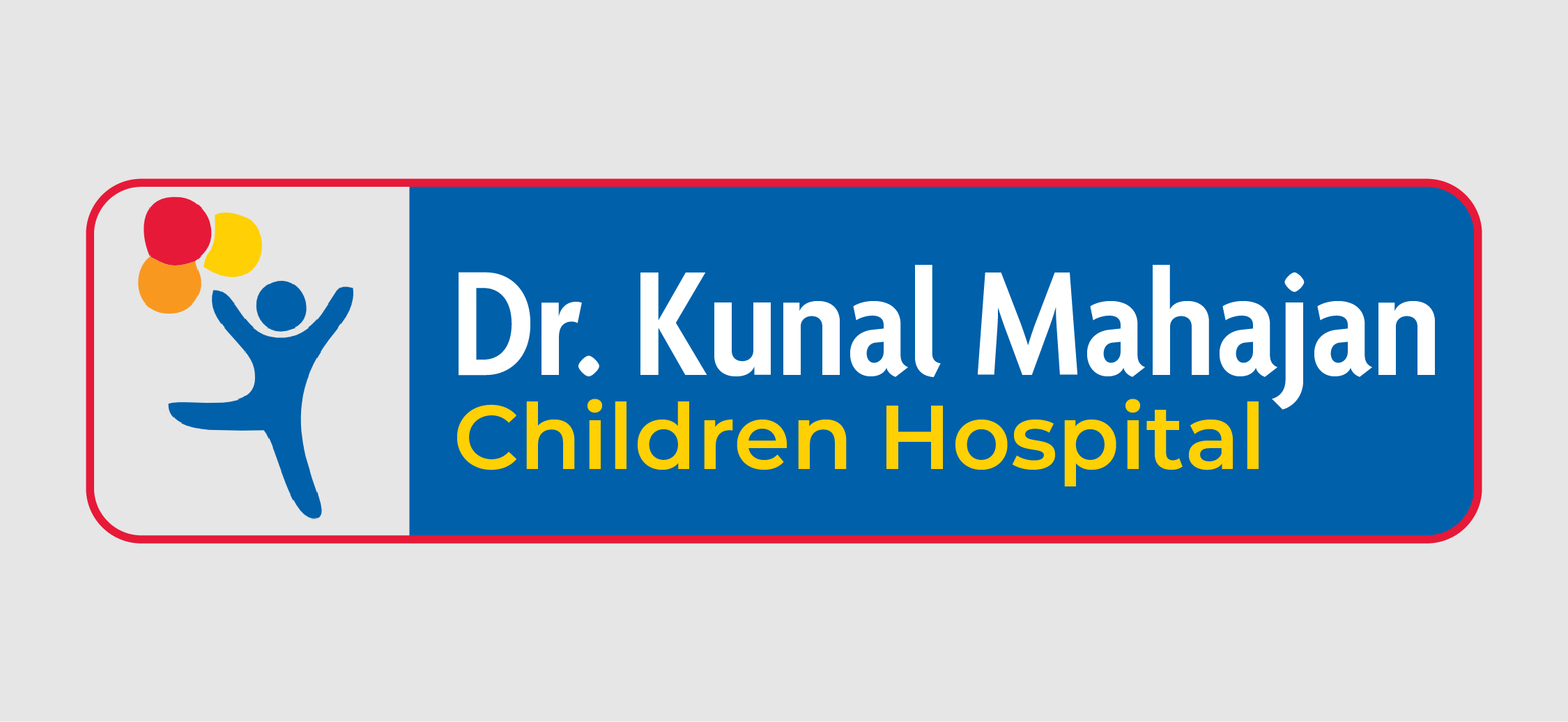Pediatric Neurological Disorders

At Dr. Kunal Mahajan Children’s Hospital, we offer specialized services for the diagnosis, treatment, and management of pediatric neurological disorders. Pediatric neurological disorders encompass a wide range of conditions affecting the brain, spinal cord, nerves, and muscles in children, resulting in diverse symptoms and functional impairments. Our dedicated team of pediatric neurologists, neurosurgeons, neurodevelopmental specialists, neuropsychologists, therapists, and support staff is committed to providing comprehensive and compassionate care to children with neurological concerns and their families.
Diagnosis: Accurate diagnosis of pediatric neurological disorders is essential for guiding treatment strategies and optimizing outcomes. Our experienced pediatric neurologists conduct thorough evaluations, including detailed medical history assessments, neurological examinations, and diagnostic tests, to identify and characterize neurological symptoms, signs, and abnormalities. Diagnostic tests may include:
Neuroimaging Studies: Magnetic resonance imaging (MRI), computed tomography (CT), or ultrasound scans may be performed to visualize the structure and function of the brain, spinal cord, and nerves, and detect abnormalities such as tumors, malformations, lesions, or vascular anomalies.
Electrodiagnostic Tests: Electroencephalography (EEG), electromyography (EMG), nerve conduction studies (NCS), or evoked potentials may be used to assess electrical activity in the brain, muscles, or nerves, and diagnose conditions such as epilepsy, neuromuscular disorders, or demyelinating diseases.
Laboratory Tests: Blood tests, cerebrospinal fluid analysis, genetic testing, metabolic screening, or molecular studies may be performed to evaluate for underlying metabolic, genetic, infectious, or autoimmune causes of neurological symptoms or disorders.
Neurodevelopmental Assessments: Neurodevelopmental assessments, including standardized cognitive, behavioral, and developmental tests, may be conducted to evaluate cognitive functioning, motor skills, language development, social-emotional behavior, and adaptive functioning in children with neurological disorders.
Classification: Pediatric neurological disorders encompass a broad spectrum of conditions with diverse etiologies, presentations, and treatment approaches. Common types of pediatric neurological disorders include:
Epilepsy: Epilepsy is a neurological disorder characterized by recurrent seizures, which are sudden, uncontrolled electrical disturbances in the brain. It can manifest with various seizure types, including focal seizures, generalized seizures, or epileptic spasms, and may be associated with genetic, structural, metabolic, or unknown causes.
Cerebral Palsy: Cerebral palsy is a group of chronic motor disorders caused by abnormal brain development or damage to the developing brain, leading to impaired movement, muscle tone, coordination, and posture. It may present with spasticity, dyskinesia, ataxia, or mixed movement patterns, and can be associated with cognitive, sensory, or behavioral impairments.
Neurodevelopmental Disorders: Neurodevelopmental disorders, such as autism spectrum disorder (ASD), attention-deficit/hyperactivity disorder (ADHD), intellectual disability, or specific learning disorders, involve impairments in brain function and development, affecting cognitive, social, emotional, or behavioral domains.
Neuromuscular Disorders: Neuromuscular disorders affect the nerves that control voluntary muscles, leading to muscle weakness, atrophy, fatigue, or impaired motor function. Common neuromuscular disorders in children include muscular dystrophies, spinal muscular atrophy, myasthenia gravis, and peripheral neuropathies.
Neurogenetic Syndromes: Neurogenetic syndromes are hereditary disorders caused by genetic mutations or chromosomal abnormalities that affect neurological function, development, or structure. Examples include Down syndrome, Rett syndrome, Fragile X syndrome, and neurofibromatosis.
Treatment: Treatment for pediatric neurological disorders aims to alleviate symptoms, improve function, and enhance quality of life for children and their families. Our hospital offers a comprehensive range of treatment options for pediatric neurological disorders, including:
Medications: Medications, such as antiepileptic drugs, muscle relaxants, stimulants, antidepressants, or mood stabilizers, may be prescribed to manage symptoms, control seizures, reduce muscle spasticity, improve attention, or stabilize mood in children with neurological disorders.
Neurorehabilitation: Neurorehabilitation programs, including physical therapy, occupational therapy, speech therapy, and behavioral therapy, play a crucial role in optimizing functional outcomes, enhancing motor skills, promoting independence, and addressing cognitive, communication, or behavioral challenges in children with neurological disorders.
- Assistive Devices: Assistive devices and mobility aids, such as wheelchairs, orthoses, braces, communication devices, or adaptive equipment, may be recommended to support children with neurological disorders in activities of daily living, mobility, communication, or environmental access.
Multidisciplinary Care: Our hospital provides multidisciplinary care coordination, collaboration, and support services to address the complex needs of children with neurological disorders and their families. Our team works closely with primary care providers, specialists, therapists, educators, and community resources to ensure comprehensive, integrated, and patient-centered care.


